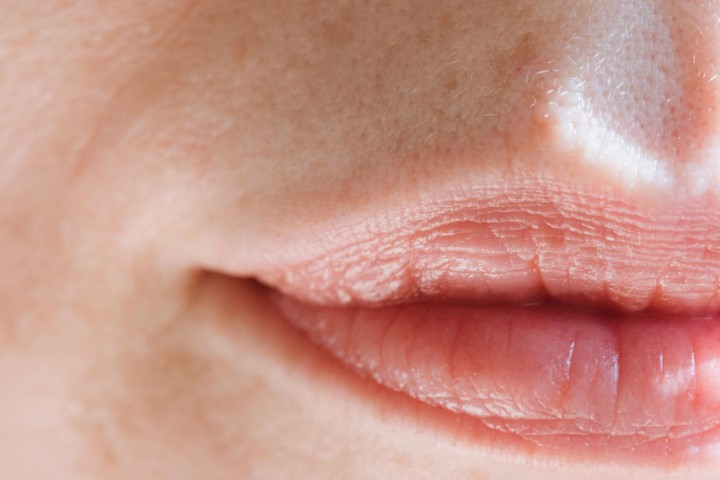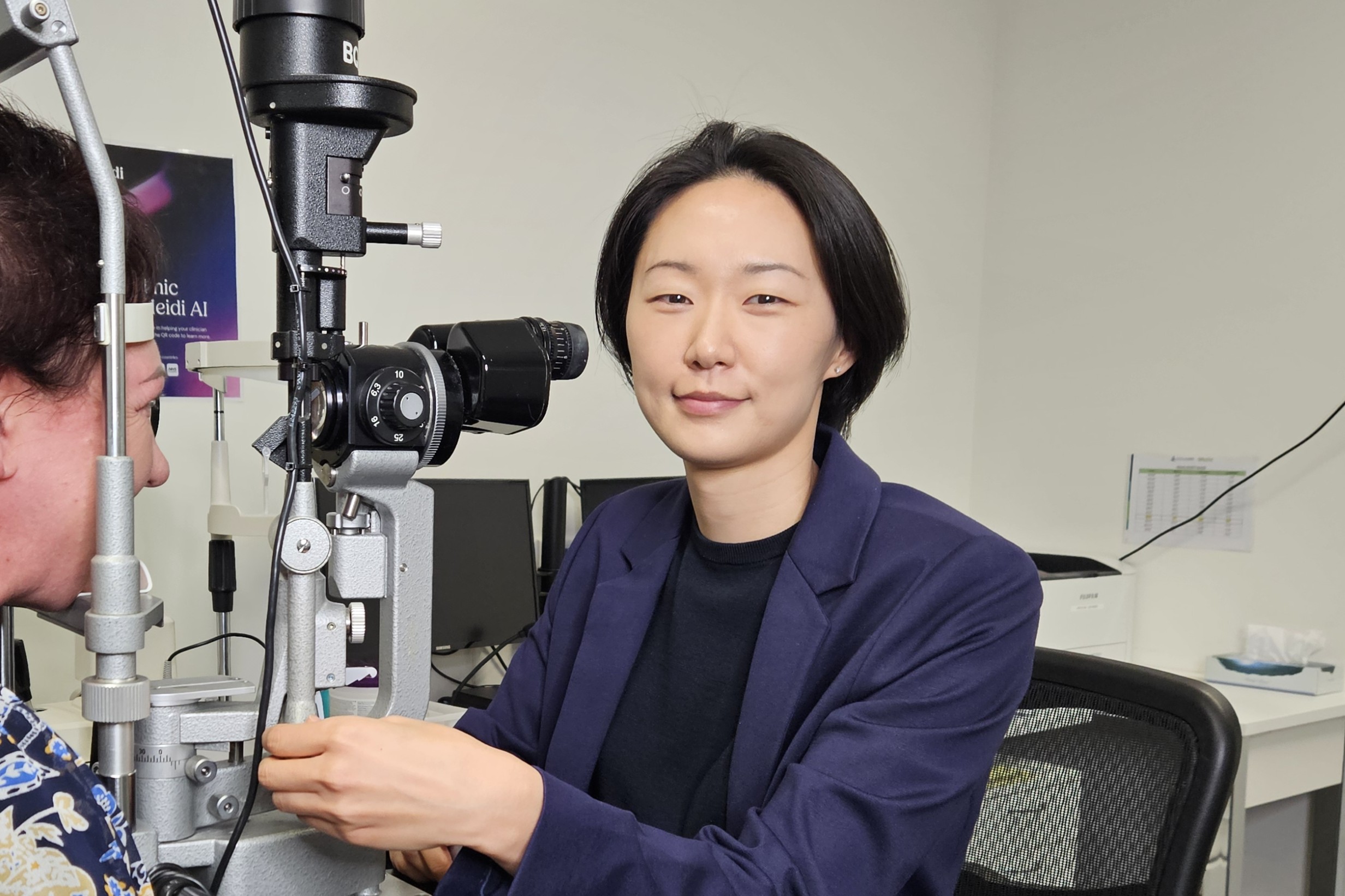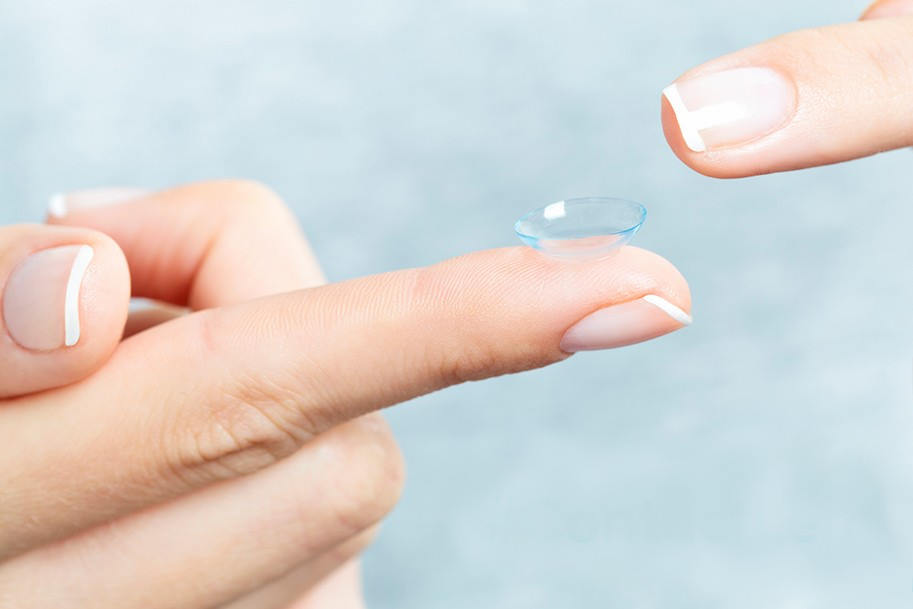Salivary gland transplant for DED
Minor salivary gland transplantation (MSGT) is a promising surgical option for patients with severe dry eye disease (DED) where tear production is absent, especially for those with Stevens-Johnson syndrome, according to US ophthalmologists.
Writing in Ophthalmology Times, Bascom Palmer Eye Institute’s Professors Guillermo Amescua and Juan Carlos Navia said the literature suggests MSGT can provide sustained lubrication and improve dry eye symptoms and quality of life. Submandibular gland transplantation (SMGT) is another surgical option for severe DED, often resulting in a greater increase in tear production than MSGT, they said. “However, SMGT carries a higher risk of postoperative reflex epiphora and hyperosmolar tears, potentially leading to corneal oedema. MSGT is generally considered less invasive and technically simpler than SMGT.”
Authors cited Vazirani et al’s (2021) modified MSGT technique, which involved transplanting a 20mm × 15mm labial mucosa tissue complex from the patient’s lower lip to the superior bulbar conjunctiva and anchored to the superior rectus muscle. At three-year follow-up, improvements were seen in best-corrected visual acuity, Schirmer test scores and reductions in ocular surface staining, corneal neovascularisation and opacification, they said.
Researchers noted that future work is needed to refine surgical techniques, assess graft survival and evaluate patient-reported outcomes.
























